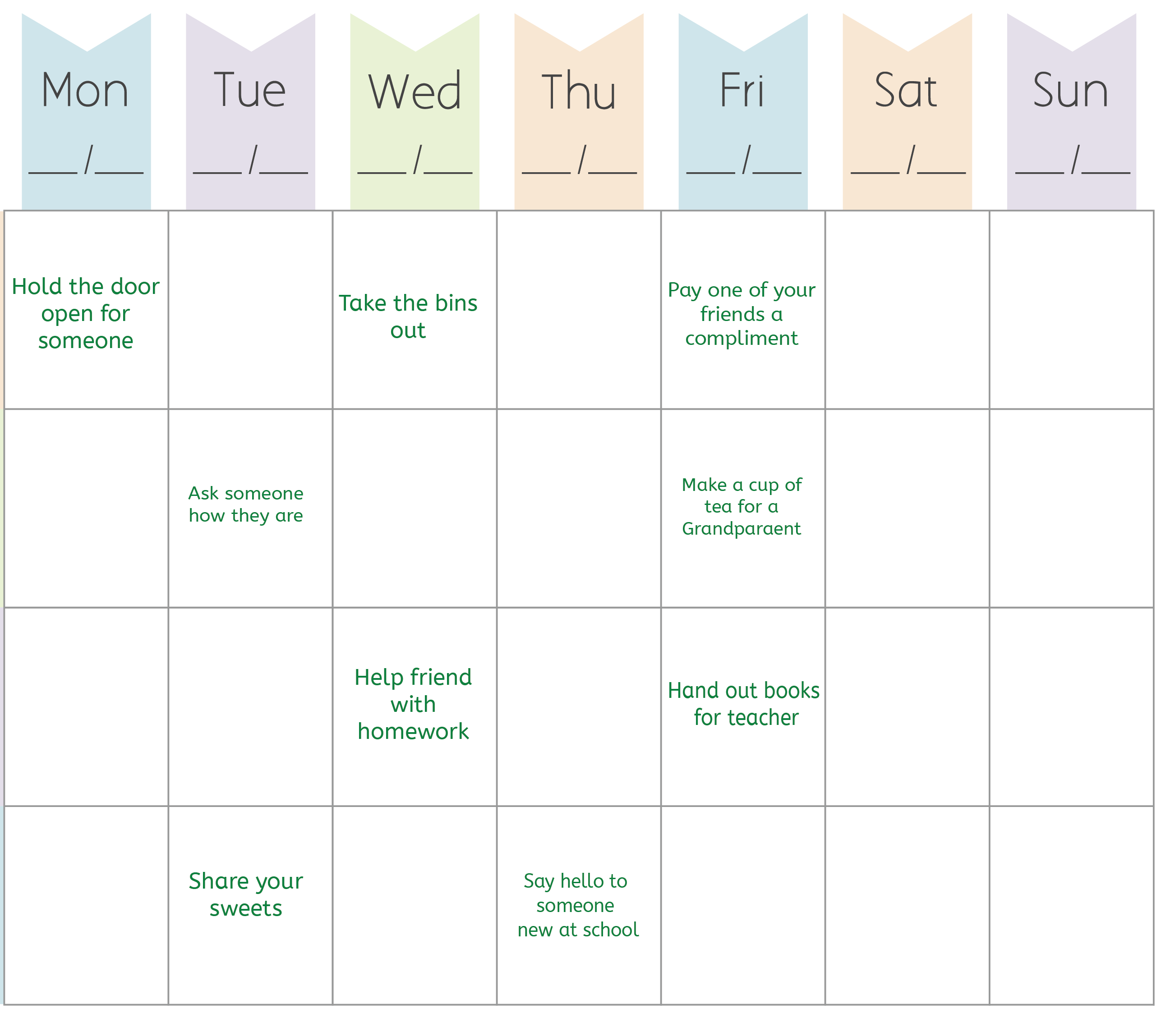With the surmounting pressure bestowed onto students over the revision period leading up to mocks and exams, it's more important than ever to ensure students have an understanding of their mental health, the warning signs that can be symptoms of burn out and stress, and how and who can help when they're starting to feel overwhelmed.
Our SEND specialist, Ms Mandy, has decades of experience helping students during their studies and shares her advice for preventing mental health burn out below.
1. Balanced S-S-S time
Picture yourself having 3 ‘buckets’ of time. In each bucket is 56 hours (24 hours x 7 days a week, divided by 3 buckets = 56 hours)
That means you should have at least 56 hours per week dedicated to each time ‘bucket’: School, Social and Sleep.
|
Study |
Social |
Sleep |
|
56 hours |
56 hours |
56 hours |
|
8 hours per day |
8 hours per day |
8 hours per day |
|
School and homework (Can include travel) |
Clubs, visiting friends and family, chill out and screen time |
At least 8 hours sleep for a healthy body and mind |
Of course, this will vary during the weekend and school holidays, so it's best to experiment and figures out what works best for you. The important thing to remember is if you find one ‘bucket’ is overflowing or leaking hours, then you need to tell someone about it - they will help you find a solution and help you balance out your buckets.
Which brings us on to our next point...
2. Using the right words to get the right help
It helps to know the difference between stress and anxiety. They have the same physical feelings but they are caused by different worries.
Stress is a reaction to something that HAS happened. It’s reactive to a situation.
Example: If you are stuck in traffic and you are late for school.
Anxiety is thinking that something MIGHT happen in the future.
Example: You feel overly worried about an exam happening next week.
If you can use the correct term when explaining to someone how you are feeling, it will help them to understand and be able to offer you the right kind of help:
Angry - A feeling that is thought to be a bad emotion, however, anger can get things done or changed if it is used properly! It’s when anger is used negatively that bad things can happen; like arguments. We feel anger when we strongly disagree with something.
Frustration - When you feel like no matter how hard you try, you just can’t get it right. Sometimes this can feel a bit like anger, but it’s very different. You can feel frustrated with a piece of work or a friendship for example. Explaining to someone that you are frustrated instead of angry, will make them want to help solve the problem.
Annoyed or Irritated - When something is winding you up and you just can’t seem to shake it off. This can be when something or someone is bugging you. You may feel a bit short tempered and may feel like you’re in a bad mood.
Content - Feeling relaxed and in a good mood. Nothing major is happening, you’re just feeling peaceful. Normally when you’re feeling content, you can feel a little bit lazy and sleepy. This is just because you feel relaxed and nothing is bothering you. It’s a very lovely feeling.
Disgust - A kind of sicky feeling. This can be when something grosses you out, like seeing an operation on TV or someone being ill. It can also be when you don’t agree with something and it makes you feel uneasy or shocked. You can be disgusted at someone’s opinion or disgusted by something horrible that you see.
Guilt - When you feel bad about something. This can be when you have done something wrong either by accident or on purpose. It can make you feel sad inside and sometimes it can make you cry. Guilt can also make you feel angry at yourself. You can feel like this if someone else got the blame for something that you did!
Fear - is different from just being a bit scared. Fear is when you genuinely worry about something and have a physical reaction to it like shaking or sweating. You can be fearful of something too- like spiders or crossing busy roads. Although fear isn’t a nice thing to feel, it can be a good emotion too, as it makes you take extra care and it can protect you from stuff.
Embarrassment - Feeling awkward or "cringey"! Embarrassment is a feeling after you have done something. Normally, your cheeks go red and you feel a bit shy - it makes you want to hide away! You can be embarrassed if you have fallen over or if someone is praising you in front of others for example.
3. Try creating a Kindness Calendar for well-being and self-esteem
It sounds simple, but keeping a visual record of all the nice things you do for others makes you feel really good about yourself. It’s surprising the effect you can have on others just by doing something that seems small. Often we focus on the negative stuff, so it’s important to highlight the nice stuff we do - the bad things tend to stick like velcro and the good stuff is like Teflon, it just falls off! We need to turn that around. We've provided an example below - feel free to add your own tasks.







